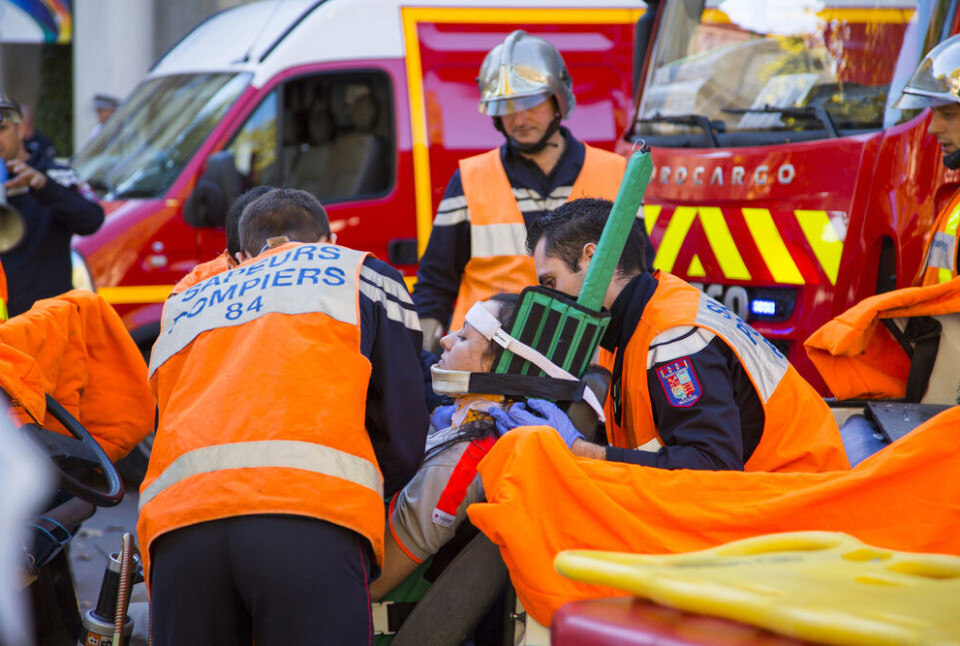-
People are living longer in better health in France, official new data shows
The expected healthspan of people in France has increased by almost two years since 2008
-
Plan to recycle unused medicines in France could save €1.5 billion a year
Products returned to pharmacies to be repackaged then resold under health minister's plan
-
Dordogne town intensifies mosquito-control operations as disease rates rise
Bergerac has reported 52 cases of chikungunya
French nurse’s translation tool helps give care in 101 languages
'Medical terms can be complicated, even when people speak our language well'

A night nurse from a casualty department in northern France has built a simple medical translation website to help French-speaking staff to communicate with patients in different languages
Marion Verdaguer, 43, taught herself how to build a website, and worked on the project during her time off from Rennes CHU hospital.
“I saw a number of occasions where staff in the casualty unit were not able to communicate with foreign patients and make a diagnosis,” she told The Connexion.
“Medical terms can be complicated, even when people speak our language well.”
The OuiKer site can be accessed from a computer, tablet or smartphone and uses a map of the world on the front page to direct patients to the language pages.
Other links give pdf files with common questions on childcare, X-rays, administration and anaesthesia as well as a Microsoft Bing automatic translator.
Not only is it a vital source of information for English-speakers with limited French, but it also helps more advanced speakers with medical terminology, which can be difficult to get right, particularly in tense situations.
Ms Verdaguer said there was normally someone available in the unit who could translate for patients speaking English, German or Spanish but this was rarely the case with other languages.
She said: “I have used it myself while at work, and have convinced my colleagues to do so too. They find it reassuring to know that their questions will be understood and that patients can answer them by gesturing.
“It is also good for the patients at what is often a stressful time.”
She started work on the first version of the website in 2016. Known as TraLELHo, (traduction pour les étrangers à l'hôpital - translation for foreigners in hospital) she drew on support from volunteers in the online community, most of whom were medical professionals.
Starting on the front page world map, users select a region or continent then click a country flag for a page with typical casualty unit queries in French and a translation in the country’s most widely-spoken language.
In 2021, she published a new version of the site, OuiKer, which she hopes will continue to grow.
It is not aimed to help people perfect their French, rather to help them know what the nurse, doctor or administrator is asking.
The questions cover the circumstances of their arrival at the casualty unit, pain, brain functions, breathing, circulation, illness, digestive problems and medical history.
In total it features translations in 101 languages, including Brazilian Portuguese, Surinamese Dutch and Djibouti Arabic.
Ms Verdaguer’s work was recognised by regional and medical authorities when she was awarded the Droits des usagers de la santé label that rewards initiatives making a significant contribution to healthcare.
She said “The site is out there, and I am delighted if people find a use for it.”
Using the site is free but people can donate via PayPal.
Readers are also asked to help support the website by volunteering to find and correct errors or add new languages to the service.
























